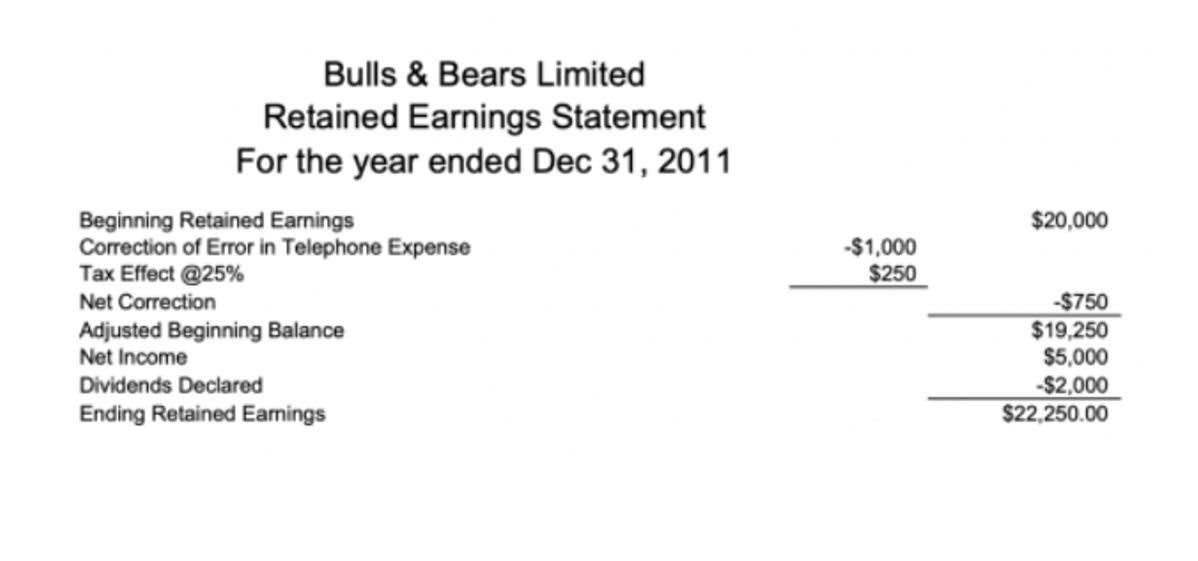
As a full-charge bookkeeper, you play a big role in keeping your company’s finances healthy. You handle many bookkeeping tasks to make sure everything is accurate and follows the rules. This Full Charge full charge bookkeeper Bookkeeper job description template includes the list of most important Full Charge Bookkeeper ‘s duties and responsibilities. While regular business hours are the norm for a full charge bookkeeper, there may be occasions when you are required to work overtime. This typically occurs during busy financial periods, such as month-end or year-end closings, when there is a higher volume of financial transactions to process and analyze. Discover the responsibilities, skills, and qualifications needed for a full charge bookkeeper.

Full Charge Bookkeeper Job Description Template
Full-charge bookkeepers must have a high school diploma as a minimum education requirement, but they must also complete extra bookkeeper training and certification. If you thrive in a fast-paced environment, enjoy working independently, and have a passion for numbers, we’d love to hear from you. This position offers the opportunity to collaborate with a dedicated team and contribute directly to the success of a growing company. payroll AvaHR Software is a terrific method to make your hiring process go more smoothly.
- However, you want to at least include education, experience and licensing requirements in your job description.
- By effectively monitoring cash flow, you help the company maintain financial stability and make strategic decisions to optimize cash utilization.
- The recruiting information was always present on multiple platforms which was difficult to manage.
- They have to work in close collaboration with other departments to ensure that financial information remains accurate.
- I have an overall 12+ years of career guidance experience in multiple domains which has helped multiple students, graduates, and professionals to find the best career path for their future.
Bookkeeper Qualifications
- The responsibilities of a full-charge bookkeeper have a much broader range than those of a bookkeeper working in a small to medium-sized firm.
- Bookkeepers must monitor payment terms to take advantage of early payment discounts and avoid late fees.
- These tools often include features that help identify potential deductions or tax credits, providing financial benefits to the organization.
- Plus, you get access to the latest technology and knowledge on compliance and regulations.
- A Full Charge Bookkeeper is an individual responsible for managing a company’s financial records, including accounts payable and accounts receivable, billing, and payroll.
As a full charge bookkeeper, you assist with budgeting and forecasting processes. By actively participating in the budgeting and forecasting process, you contribute to the company’s financial planning and help ensure financial goals are met. As a full charge bookkeeper, you are also involved in conducting financial analysis. This includes analyzing financial data, identifying trends, and interpreting the results to provide insights and recommendations to management. By conducting financial analysis, you help drive informed decision-making, identify areas for improvement, and contribute to the overall financial success of the company.
What are the 2 types of bookkeeping?
Embrace the opportunities that come your way, and remember that your potential is limitless in the field of finance and accounting. Additionally, students will also learn how to use accounting software and other tools that are commonly used in bookkeeping. This practical aspect of the program ensures that graduates are well-prepared to handle the day-to-day tasks of managing financial records, reconciling accounts, and preparing reports. A full charge bookkeeper with certification can help you with recording transactions, https://www.bookstime.com/ processing accounts payable, managing payroll, and doing taxes.
Bookkeepers then prepare Statements of Financial Position (SFPs) and other financial reports to support their activities as well as to provide information about the state of their business. A Full Charge Bookkeeper should have a strong background in accounting, typically with a degree in accounting, finance, or a related field. They should have extensive experience in bookkeeping and be proficient in accounting software such as QuickBooks or Xero.

Mastering the Role of a Full-Charge Bookkeeper: Your Ultimate Guide to Full Charge Bookkeeping Success

Besides keeping the business ledger, these bookkeepers also prepare financial statements and tax returns, record complex transactions and process timesheets and payroll. A full charge can be a great way to increase your company’s financial stability and ensure that your employees are properly paid. They must understand concepts such as accrual accounting, revenue recognition, and matching principles. This knowledge allows them to maintain accurate and reliable financial records that comply with industry standards. Maintaining the general ledger is another essential aspect of your role as a full charge bookkeeper. This involves recording all financial transactions, including income, expenses, assets, and liabilities, in the company’s accounting system.